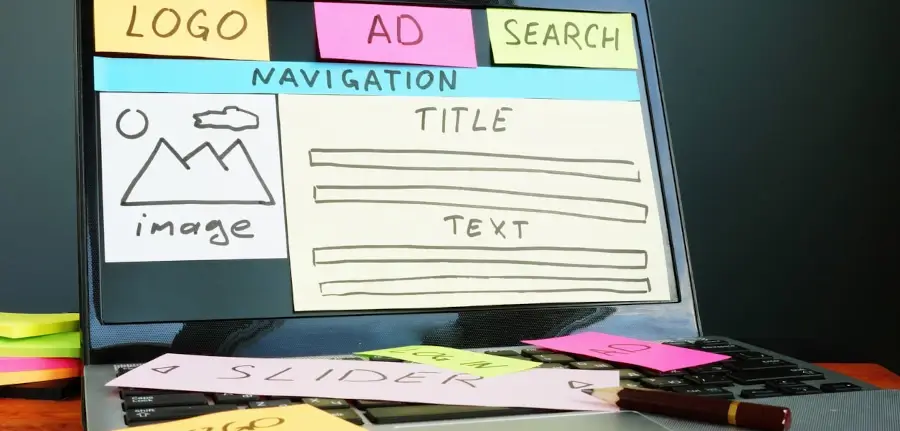When you're looking to hire a web developer to help build your website or complete projects, there are certain questions that you should ask before signing the contract. These questions will help you save time in searching for the best freelancers or a web development team.
The questions to ask a web developer revolve around the following topics:
- Pricing
- Project Duration
- Developer's skills required
- Knowledge of industry standards and project scope
- Soft skills
Top 3 Questions to Ask When You Hire a Web Developer
Whether you're planning to hire a freelance web developer or web development agency, these questions will come in handy.
1. How Much Will the Website Development Services Cost?

"How much should I pay a web developer?"--a lot of businesses ask this question. Should they go for a fixed- price or hourly pay, or should it be based on experience and expertise? How about achieving milestones? The short answer is "As much as they need and no more."
No matter what your budget may be when you hire web developers, there are plenty who will work for you. The important thing to remember when hiring a web developer is that it's often not about money.
It's about finding someone you can get along with well enough to work together effectively on the project. While cost is definitely a part of the equation when hiring web developers, it shouldn't be the determining factor in your final decision.
There are too many variables to consider for this question to have a definitive answer that fits every case, but here's an overview of some factors that go into deciding how much (or whether) to pay an agency or a freelance web developer for their services.
Project Requirements
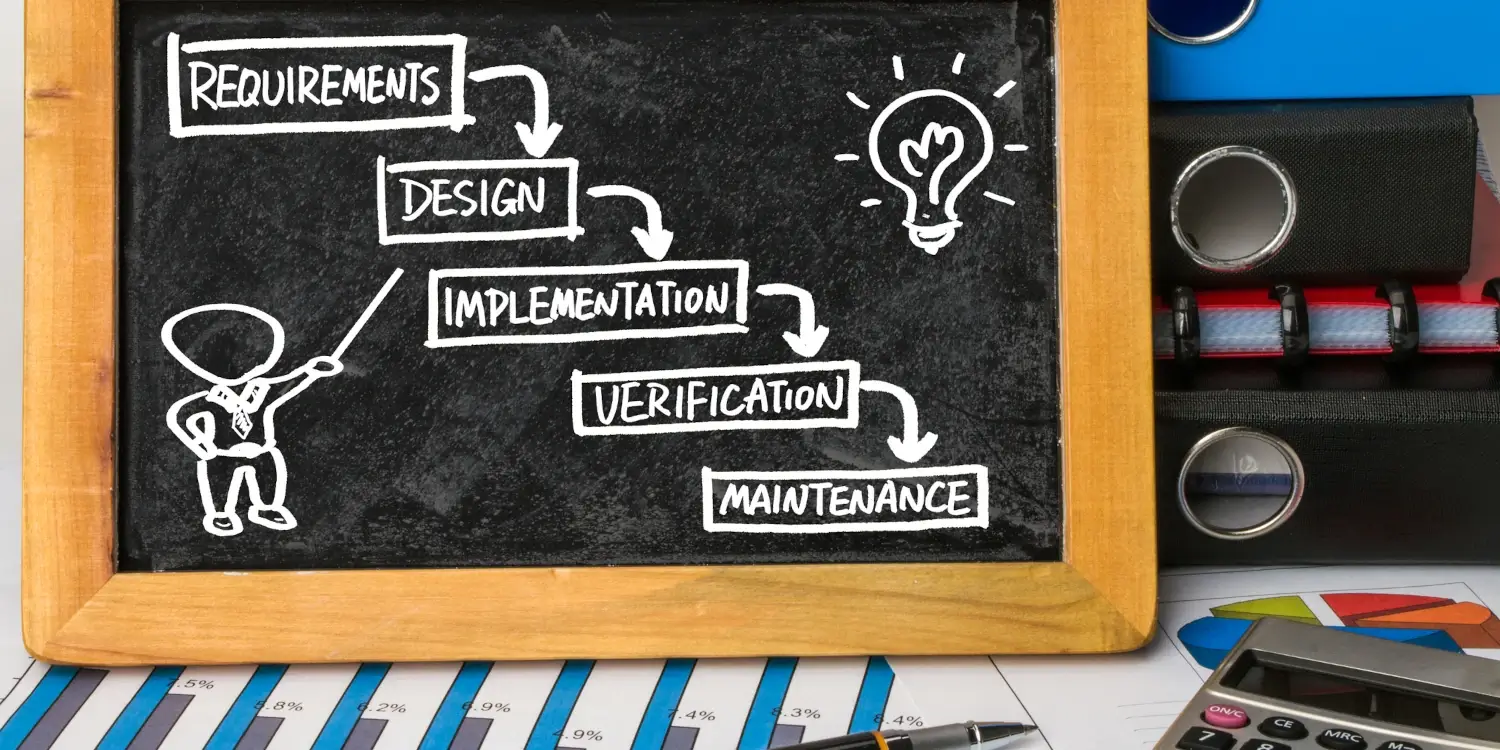
For starters, it's important to know that " website developer" covers a wide range of specialties and skill sets. The first step should be to figure out what your project needs and who would best meet those requirements.
- Do you need full stack developers who can write the code for a new website from scratch?
- Or do you just need to make some changes to an existing site?
- Is your site hosted on Wix or Wordpress and you need a developer that knows those platforms, or will the site be hosted somewhere else?
- Who decides where the site will be hosted?
- Do you need someone who is also a graphic designer?
- What technology stack will they require: PHP, Python, Ruby on Rails, MySQL, etc.?
While pricing varies by geographic region (and may vary slightly within regions), there is always a sliding scale based on experience. For example, $15-$25/hour might get you an entry-level junior developer or non-technical person capable of making minor changes and implementing basic functionality, or it could net you one of the top developers with many years of expertise who will be expected to take on much higher-level responsibilities.
The more expertise and responsibility required, the more likely it is that the cost will rise toward $80-$200/hour, often without any increase in (or even improvement of) quality.
The value an expert developer brings to the table goes far beyond their knowledge and skill. They also bring experience with them. They've been faced with countless challenging situations and have learned how to work through them effectively. These are lessons that can't be learned from a book or training course. Only by doing it over and over can they hone their skills enough to become effective problem solvers. It's simply the nature of the profession.
Determine the Complexity of the Job Description

Now, consider that value in relation to your project. What could potentially go wrong? How complex are your requirements? Do you require extensive articles of any kind? What do you like to focus on back-end web development or front-end design? Have there been previous projects like this one (either by you or someone else)? Can you provide adequate test cases and documentation to make sure nothing is missed? If something goes wrong after launch, do you have a solid plan for remediation?
These are things that web developers will need to know about your project before they can give an accurate estimate on what it will take for them to complete their work. Asking these questions upfront shows that you're willing to invest time into learning about web development, which is usually appreciated by experienced developers who deal with uneducated clients regularly.
2. When You Hire Web Developers, Ask: What Is Your Development Process?

The best developers achieve their status not only because they have the technical skills but also because they possess soft skills, most notably project management. Otherwise, you cannot expect the project to get done on time or ever.
The time for a website or web application will depend on the size and type of project. Some projects can be completed in days or less than a week while others may take months to complete. Size, complexity, deadlines, and other factors will determine how long it takes to build.
The average length of time is about three months, but this can vary widely depending on the specific requirements that need to be met. Working on larger projects may take many months because they are more complex.
For example, an e-commerce site with every bell and whistle imaginable could easily run into a year before completion. If you already have a clear idea of what you want beforehand, however, it's possible to get things done quickly.
How to Improve the Development Process
Top web developers and you can implement many strategies to hasten the development process, depending on the needs of the project.
1. Web Developers Can Audit the Process
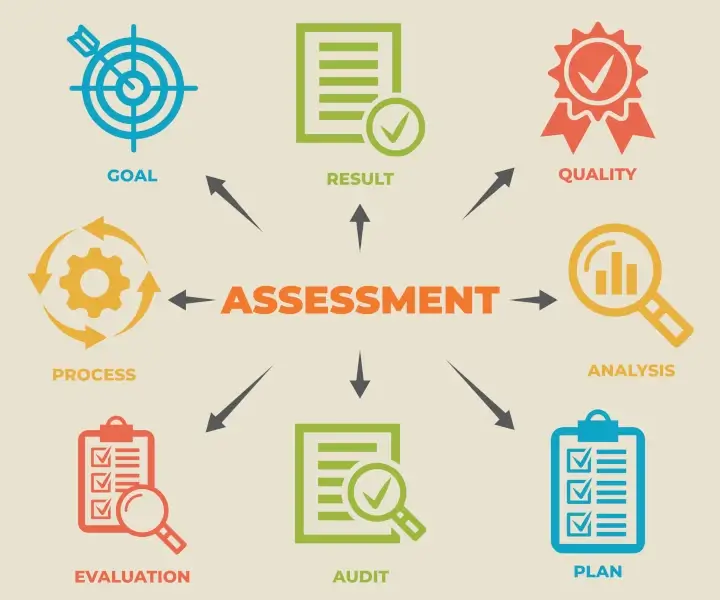
One of the ways to speed up web development time is to always review what you're currently doing and see how it could be done more efficiently. There's no sense in continuing with a plan if some other idea would work better and do the same thing without some of the drawbacks that your first idea has.
An example might be web developers opting for some open-source code snippets or even freebies instead of writing everything from scratch. This will save them time and make it easier to meet deadlines because programming isn't easy, especially for newbie coders. They can also ask people who have built sites like yours before for help, which will go a long way toward speeding things up.
2. Plan Your Site

Second, before hiring web developers, plan your site. This way, you can avoid scope creep or trying to add in big things later after fine-tuning your site's layout and appearance. This will get rid of all those pesky technical issues that could pop up if you wait until the last minute.
Back end and front-end developers should also stay away from specific features that require large chunks of time unless they are really worth the effort. If not, they can save them for other projects that have more time instead.
Either way, if you want to get your website developed within a certain time frame, say 3 months, then make sure that the freelance web developers or development team has enough time to work on it. Make sure you also know how many people are involved in the project and what their individual responsibilities will be.
If it's a large project with several people involved, make sure that they all work well as a team (can communicate well and have experience working together). Otherwise, communication can become an issue later.
3. Do You Have the Correct Skills and Experience?

What are the web development skills to look for? Web development is a broad term that covers many different skill sets. Whether you're looking to build your own website, create a web application, or manage the infrastructure of an entire website, there are many areas where developers can stand out. These are some of the most in-demand web development skills today:
Full Stack Development

As websites have grown more complex, so too has the need for full-stack development. If you're looking for a full stack developer, make sure they have knowledge and experience with both front-end and back-end technologies. The roles typically focus on either the client (front end web development) or server (back-end web development). Rarely do developers possess expertise in both.
Back-end technologies include programming languages such as Ruby, Python, and PHP to build web services that simplify complex tasks. Front-end frameworks in popular use today include AngularJS and React, which both make it a cinch to create rich UI features in the browser.
Machine Learning, AI, and Data Science

Machine learning is a branch of computer science where algorithms learn from data without being explicitly programmed. The goal is to develop programs that can teach themselves to evolve and grow smarter over time using extensive amounts of data as fuel. In other words, machine learning enables computers to be more human-like by allowing them to learn from past experiences rather than follow just a set of instructions.
Data Engineering

Just as modern websites have more complex back-end needs than ever before, their front end is also growing in complexity. The ability to understand and manipulate data efficiently is, therefore, an increasingly valuable skill for front end and back-end developers to possess.
Many of the most in-demand positions require some knowledge or experience with databases such as Oracle and MySQL in addition to programming skills like Python and Java. It's also important for back end and front-end developers to be able to extract data from sources such as social media sites without compromising user privacy.
Security
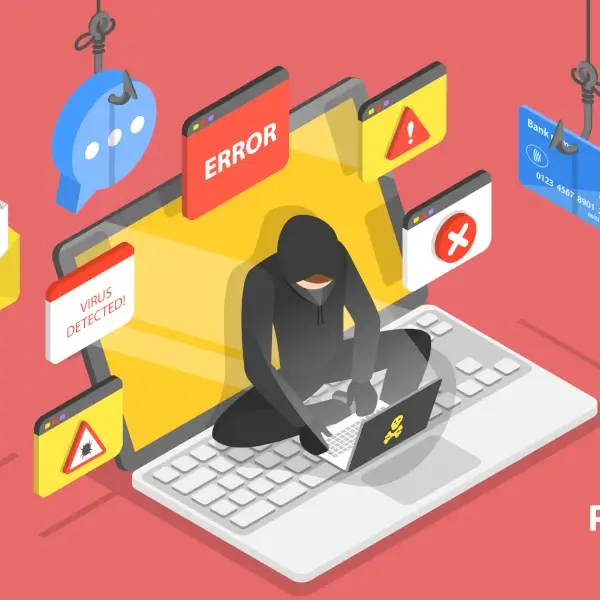
As the threat of cyber attacks continues to grow, so does the demand for developers with security expertise. As a web developer, they play a crucial role in keeping hackers out and protecting user data. This means that knowledge of security concepts such as authentication, cryptography, and secure protocols is critical for achieving success. They should also have experience working within an organization where security compliance is important (such as financial services).
User Experience (UX) Design

The days of websites looking like plain pages on a monitor are long gone. Modern web design has become increasingly complex, with websites resembling more of an interactive experience than just information architecture housed within templates.
Developer roles that focus on UX design, therefore, are some of the hottest around. If you're looking for a web development agency or freelancer with UX design expertise, make sure they know about HTML/CSS, JavaScript, JQuery, Bootstrap, AngularJS, ReactJS, etc.
Web Design

As websites become more complex both front end and back end, understanding how all the pieces fit together is key to being a successful web developer. A great way to learn that is by becoming very strong at web design or UX.
While programming helps communicate ideas visually through code, designing helps communicate those same ideas in a visual manner. This means practitioners need excellent communication skills in addition to technical skills.
With new possibilities opened up by HTML5, CSS3, JavaScript, AngularJS, etc., being able to combine design and front-end development skills with back-end is a huge plus.
Mobile Development

Mobile app development is projected to grow at over 30% through 2020, so consider a job posting for such a position. While each operating system (e.g., iOS, Android) has its own SDK to learn, there are several cross-platform development tools available that make it easier to build apps for multiple devices simultaneously. Also needed are knowledge and experience with responsive design techniques along with strong programming skills such as Objective C for iOS and Java for Android. Familiarity with PhoneGap or Ionic is also advantageous for job seekers.
Other Questions to Ask Your Freelance Web Developer or Agency
The questions above can already tremendously help you filter those who respond to your job post. But when you need to consider more factors before you decide, then think about these queries:
4. Are These Standards Met?

There are certain industry-wide standards that need to be followed for your site to gain credibility with search engines like Google, Bing, etc. If your developer doesn't know about these standards or is unable to answer them clearly (by simply looking at the website), find someone else who knows what they're doing. It's critical that you create not only a professional but also a user-friendly website that contains all the necessary information that visitors will be looking for.
These days, there are so many ways to help improve SEO rankings. For example, having good content on your page, being active on social media, writing lots of content, etc.
5. Is Communication Reliable?
If you're not happy with the communication process between front end and back-end developers, for example, then how can you expect to be happy once your site's completed? Some developers are only concerned about making money and have little or no regard for their clients. So, ask them specific questions about how they will communicate back to you if there are any problems.
6. Can They Provide References?

A good developer will always be able to give you the names and phone numbers of three clients who you can talk to to find out more about their web development services.
7. Will I Own the Copyright?
If someone is offering a fixed- price for your project, it's very unlikely that they'll give you full copyright unless you ask for it specifically in writing (which may cost extra). If you want full copyright, then negotiate with them and see what kind of price they offer or just look for another developer. You should know exactly what type of agreement they're proposing before anything is agreed upon.
8.How Do They Deal with Updating and Maintaining My Website?

When it comes to updating a website, some people might be able to do this for you for free, while others charge a small fee each time it's needed. Find out exactly what their policy is, and if they'll provide any training or support that you need.
9. How Often Will My Website Be Updated?
This might not sound like a big deal, but it makes a difference when your site doesn't get updated because the content no longer reflects your business. Thus, Google and other search engines may drop your rankings since people looking for your services won't find them on your site.
It's best not to work with web developers who don't update automatically unless specified in the agreement (as mentioned above). So, try to negotiate this before signing anything with them.
10. Is There a Warranty?

If something goes wrong with your site, you need to know that it will be fixed quickly. So make sure, when you hire a web developer, they can give you a warranty. Otherwise, find someone else who's willing to stand behind their work.
If no warranty is given, ask the web developer how long it would take for any problems to be resolved. The time taken should reflect the amount of money you're paying, which means if you've paid them a large sum, then there shouldn't be any delays in getting things sorted out.
11. Is My Website Secure?

The last thing that anyone wants is for their visitors to have viruses or other malicious software infecting their computers after visiting your site. When you hire a web developer, ask lots of questions about what security options are being used on your site.
The best thing to do is ask for a list of specific security measures that are being used and then research them online. For example, if they claim to use HTTPS, then check if it's a reputable certificate provider.
What are the most popular Certificate Issuers?
Certificate issuers are recognized organizations that verify the digital signature of a site. Greencheck has found the following as the top 3 digital Certificate issuers
Let's Encrypt (50%)
GoDaddy (11%)
Cloudflare (9%)
12. Do I Have Full Control Over My Website?
Many web developers will give you access to your own area where you can edit content as required, but some might only allow the client access once the job has been completed. Ensure this is something that you want before signing anything with any developer.
If you know HTML and CSS code yourself, find out what support they will provide for you to improve your site without paying for extra services. It's also important not to be misled by anyone promising you high rankings on Google and other search engines for a small fee.
These are called black-hat SEO methods. This means they're doing something that is against Google's rules and won't last long, or they'll end up banning your website from the search engine completely. This will happen with an expired domain as well, so always research before agreeing to anything.
13. Do You Have Any Testimonials?

Most good web developers will have at least a few websites in their portfolio that they can show you. Some might even give you the contact details of those people if they're happy to vouch for them.
However, it's important not to be swayed by only looking at the positive comments. Find out what others had to say as well before making your final decision.
Some companies might delete negative comments from their website. Always search online for their name and see how other people rate them on Google Reviews, Better Business Bureau (BBB), or Yelp.
14. How Do I Know I'm Dealing with a Reputable Company?
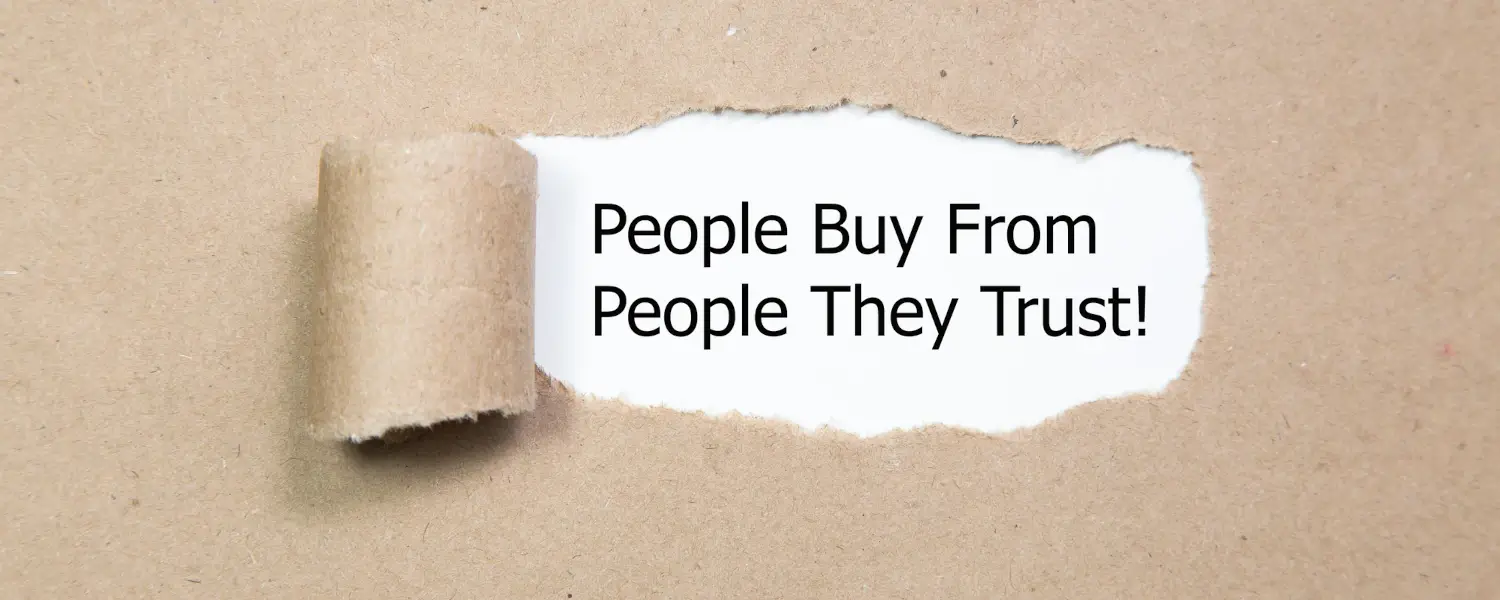
There are two ways of doing this: firstly, when you're about to hire a web developer, especially a web development agency, try checking whether they belong to any of the official web developer associations like W3 standards.
The second way is to ask them for a business card (preferably with their real physical address on it. If they refuse, then walk away as this could be a red flag.
If you do find out that they belong to one of these organizations, check online and see what other people have been saying about them before coming to a final decision.
15. Are There Any Hidden Charges?

Basically, what will your monthly website bill contain aside from hosting and domain costs, if they offer such services? There should be no extra costs involved apart from those that were originally agreed upon.
Always double-check the small print before signing anything just in case there are any additional costs not mentioned upfront, which might end up being quite high.
For example, your web developer might include their basic SEO package for free where penalty fees are included if you break any rules but will charge for extra services like audits etc., if required.
16. What Happens When I Want to Change My Website?
Many web developers offer monthly contracts. This means that they can also update your site regularly while still charging you the monthly fee. Ask about this before signing anything just in case it costs more than hiring someone else to do this for you.
As long as there are no additional fees, then everything should be fine. Although many websites won't need any updating at all, some might require more changes later down the line.
17. What Happens if My Website Gets Hacked?

If your site is getting hacked, then it's most likely a result of having poor security, which is usually down to a lack of knowledge on the web developer's part. Always check their qualifications and previous projects before hiring them.
You could hire someone with years of experience yet still have problems with security because they just don't have the right tools or knowledge needed to ensure that your site is completely safe from hackers.
In this case, you might need to find someone else who knows how to keep hackers out. But be sure not to delete everything without being given full access rights or allowing time for backups, etc., first to avoid more damage-causing technical issues.
18. If I Need Help, Who Can I Contact?
When you hire a web developer, remember, the best web developers will have a 24/7 service hotline, which you can call if anything goes wrong, or you want to ask about something anytime - even when they're not physically there at the office.
Others might only be around during business hours, so always check whether they're available after working hours in case something happens with your site that needs urgent attention.
19. My Website Is Really Important to Me. What Happens if You Go Out of Business?
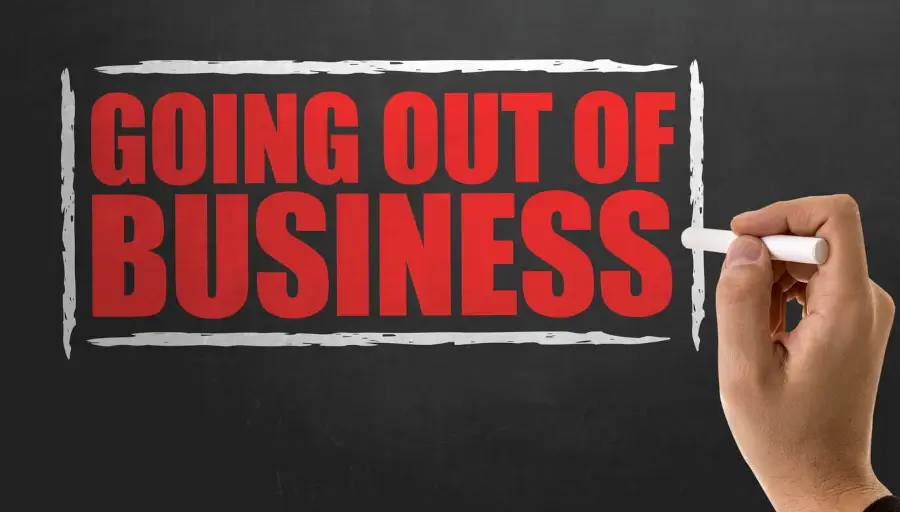
Most web developers won't go out of business or close down completely. But in case something does happen, then find out how long it will take them to transfer and/or migrate all your data and site files over to another hosting company before making any final decisions on where to host your site.
Ideally, you should always ask for a deadline beforehand in case anything does go wrong with the original web developer. You can compare their contract to see what compensation they will need to pay if this happens. These important details should be stated somewhere within their terms and conditions.
The process of hiring a web developer is not something that should happen overnight. Asking the right questions at each stage in this process will help ensure you find someone who can truly do what they say and won't just rip off your money with false promises.
Make sure to ask these important questions before making any decisions about which company to hire for your project. If by now you don't know where to start, let us take care of it all for you.
